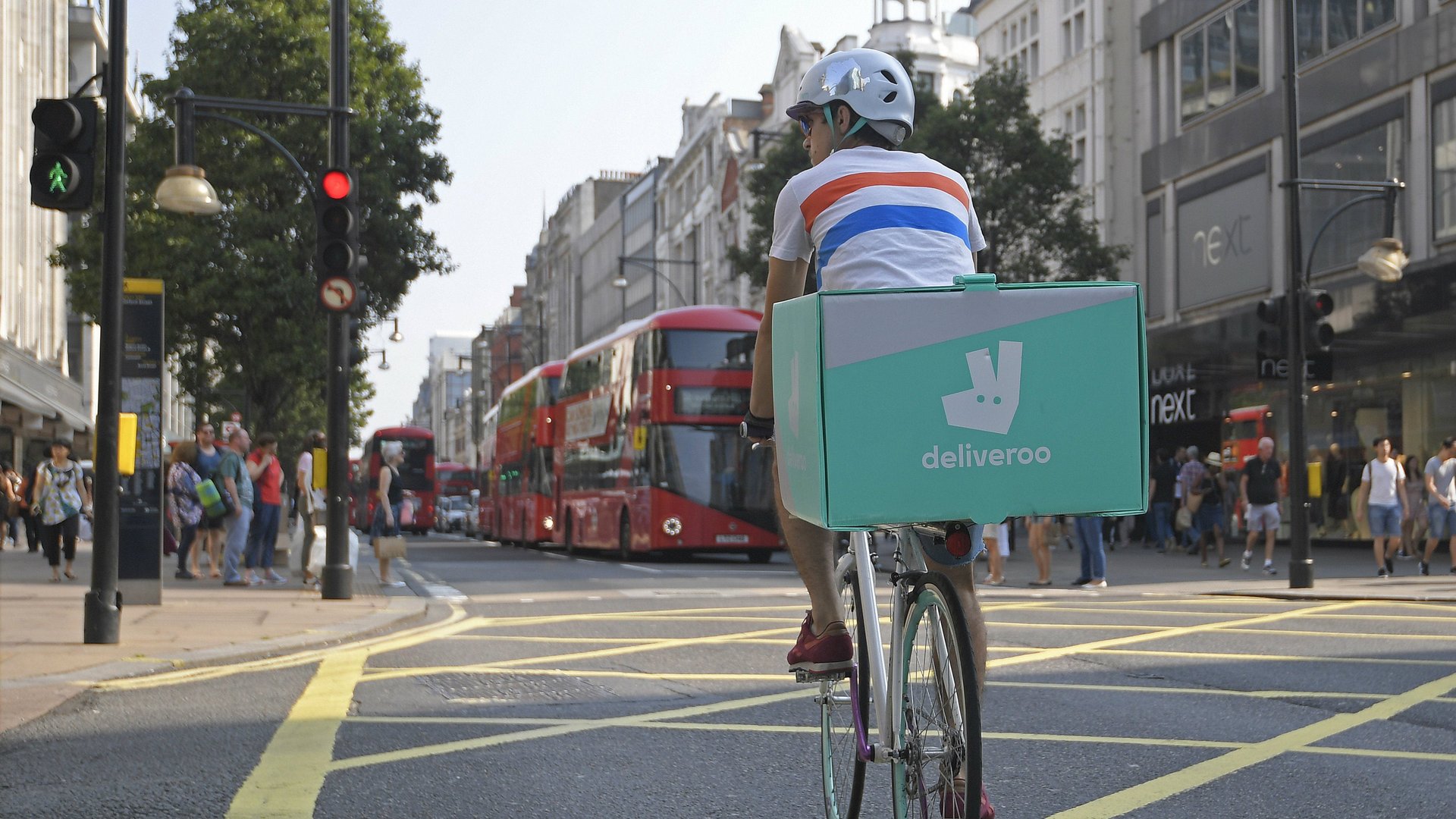The British government is future-proofing its budget by hiking taxes on the self-employed
The UK government has made a statement about the future of work. It expects that the growth of the “gig economy,” and with it the rise in self-employment, could blow a hole in the budget thanks to smaller tax collections.


The UK government has made a statement about the future of work. It expects that the growth of the “gig economy,” and with it the rise in self-employment, could blow a hole in the budget thanks to smaller tax collections.
In the UK, self-employed workers pay less in national insurance—a tax that pays for public benefits, including the state pension—than people employed by companies. The treasury wants to close this gap. In its latest budget (pdf), it announced an increase in the national insurance tax for self-employed people earning profits over £8,060 ($9,800) a year. The rate will go up from 9% to 11% in 2019.
The ranks self-employed have grown steadily in recent years, and now account for around 15% of all UK workers.
Since the financial crisis, almost 40% of growth in employment has come from the self-employed or company owner-managers, according to a report by the Institute for Fiscal Studies last month. The UK’s tax system is unfair, the report argued, because self-employed workers get similar state benefits but pay £1,240 less per person a year in tax.
But there are concerns about the tax hike. Much of the growth in self-employment stems from the tough labor market following the financial crisis. Part-time self-employment has risen much faster than full-time work. Higher taxes would make it harder on people who have chosen to work for themselves by necessity, not choice. Meanwhile, it may also discourage innovation and entrepreneurship.
That said, the Resolution Foundation, a think tank that focuses on UK living standards, says that the tax increase will mostly impact wealthy households.
The change to the tax system could also reduce the incentive for companies to treat some workers as self-employed contractors rather than employees, a common practice for big players in the sharing economy like Uber and Deliveroo. Uber is currently appealing a court decision that ruled it must class its drivers as employees.
The self-employed tax hike won’t be a big money spinner immediately. The government forecasts that it will raise just £145 million a year by 2021-22, a small sum considering that the move awkwardly breaks a key promise in the Conservative party’s 2015 manifesto. Instead, the effort to close the tax gap between self-employed workers and employees reflects a state preparing for a future in which self-employment keeps rising and the labor market becomes increasingly informal.